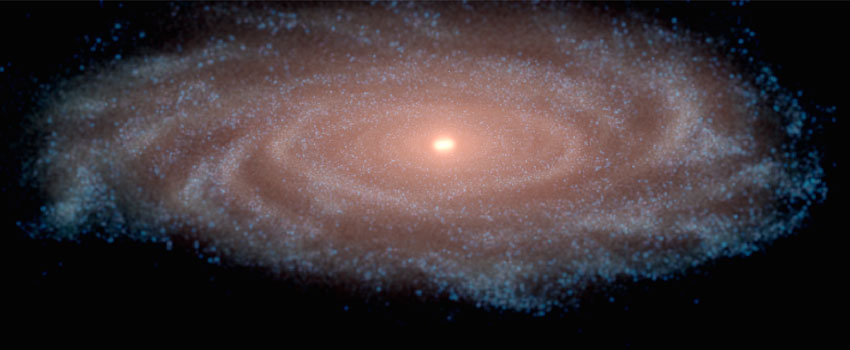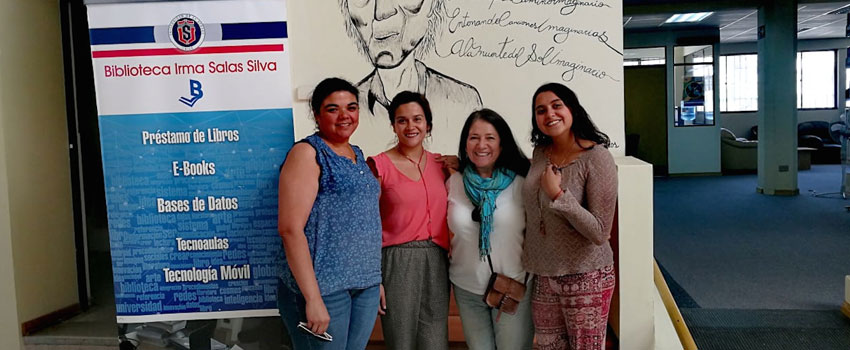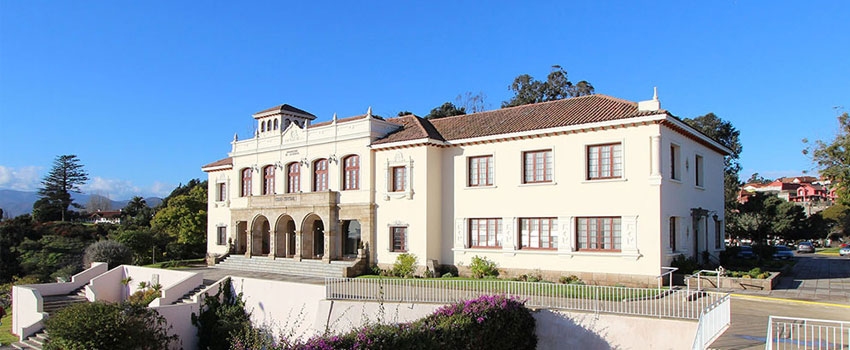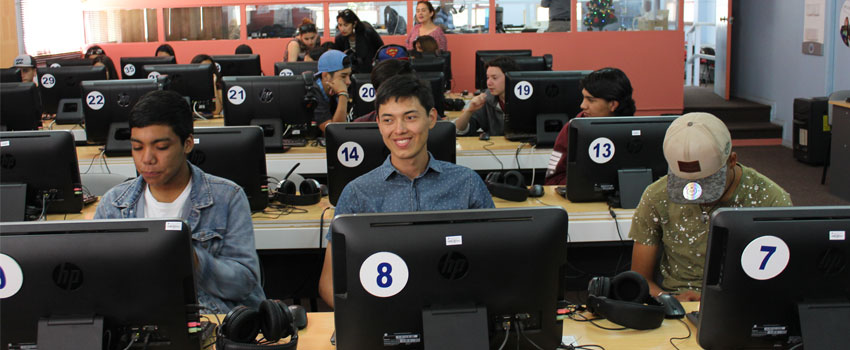
The process aims to develop and enhance basic knowledge in the fundamental areas of each career that students who entered Via Quota PACE or PSU PACE will take.
The Accompaniment and Effective Access to Higher Education Program (PACE) of the University of La Serena, in its Higher Education Accompaniment (AES) component, began this week the Early Leveling Process for the new generation of students entering the university. house of higher education, made up of more than a hundred students.
The process, whose objective is to develop and enhance basic knowledge in the fundamental areas of each career that students who entered Via Quota PACE or PSU PACE will take, is divided into two stages: Initial Online Leveling and Early Face-to-Face Leveling.
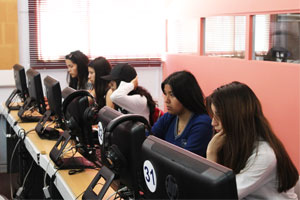 The Coordinator of Support in Higher Education - PACE ULS, Claudia Toledo, explained this process, “initial leveling via online is a commitment to carrying out individual work, reinforcing those areas that will be the basis of your career with guidance from academics and using a space for consultation via email.”
The Coordinator of Support in Higher Education - PACE ULS, Claudia Toledo, explained this process, “initial leveling via online is a commitment to carrying out individual work, reinforcing those areas that will be the basis of your career with guidance from academics and using a space for consultation via email.”
Regarding the Initial Online Leveling, which takes place from March 11 to 15, the AES English mentor, Javiera Contreras, stated that the areas in which the students work are English, mathematics, language, biology, chemistry and music, where “ Each academic mentor guides the work to be carried out during the week, with a space for consultations via email and ending with an online diagnosis by area.
On the other hand, the AES psychologist, María de Los Ángeles Bonilla, highlighted the number of students participating in this Leveling, pointing out that “this year, at the University of La Serena, 116 students were integrated via Quota or PSU PACE; However, they will be joined by 14 students who completed the career change process, as well as 3 transfers from other Higher Education institutions assigned to the Program, therefore, the total number of students is 133, which means a great challenge for the PACE ULS team of professionals.”
The second stage of this process is called Early Face-to-Face Leveling, which will take place from March 18 to 22. The AES Academic Manager, María Fernanda Fuentealba, indicated that the purpose of this Leveling “is to generate a device for detecting and leveling specific competencies by faculty or careers that our students will face in the most critical subjects of the first year, as well as provide initial transversal tools to support the process of insertion into university life.”
Finally, the AES psychologist, Paula Vargas, mentioned that the psychoeducational area aims to address topics that contribute to adaptation and university challenges, such as motivational talks, academic coaches, frustration management and tolerance workshops, and spaces where They can learn about the extracurricular activities offered by the school, culminating this week with a bonding day between peer tutors and 2019 cohort students.
Written by Daniel Aguayo, PACE ULS Program

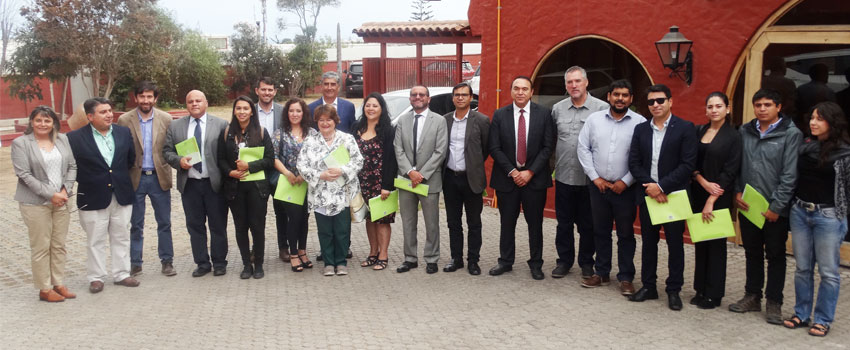
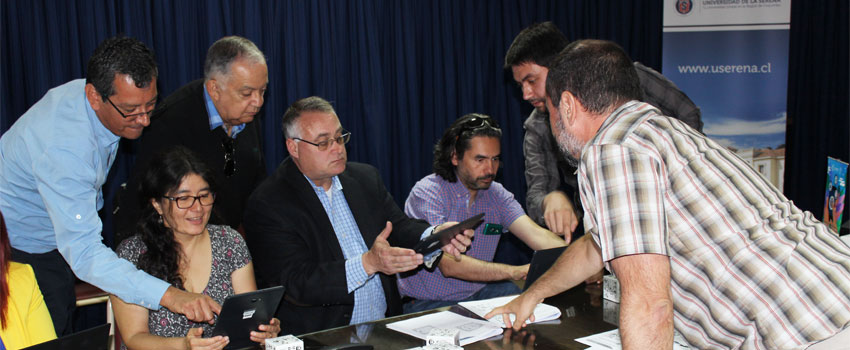
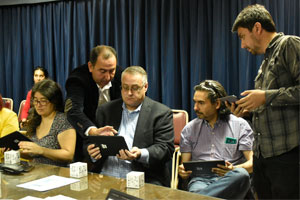 In a meeting with the LIITEC team, led by the academic of the Department of Biology, Francisco López, Dr. Crowther was presented with the augmented reality applications of
In a meeting with the LIITEC team, led by the academic of the Department of Biology, Francisco López, Dr. Crowther was presented with the augmented reality applications of 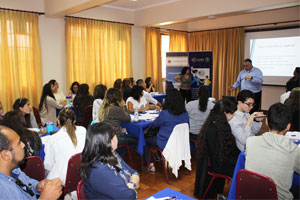 Regarding ULS technological developments, the Executive Director of LIITEC, Francisco López, mentioned that “today these applications are used in classes of undergraduate subjects at the University; However, they can be used by anyone, they are free and available in virtual stores, and that is the experience we share with Dr. Crowther and his colleagues.”
Regarding ULS technological developments, the Executive Director of LIITEC, Francisco López, mentioned that “today these applications are used in classes of undergraduate subjects at the University; However, they can be used by anyone, they are free and available in virtual stores, and that is the experience we share with Dr. Crowther and his colleagues.”